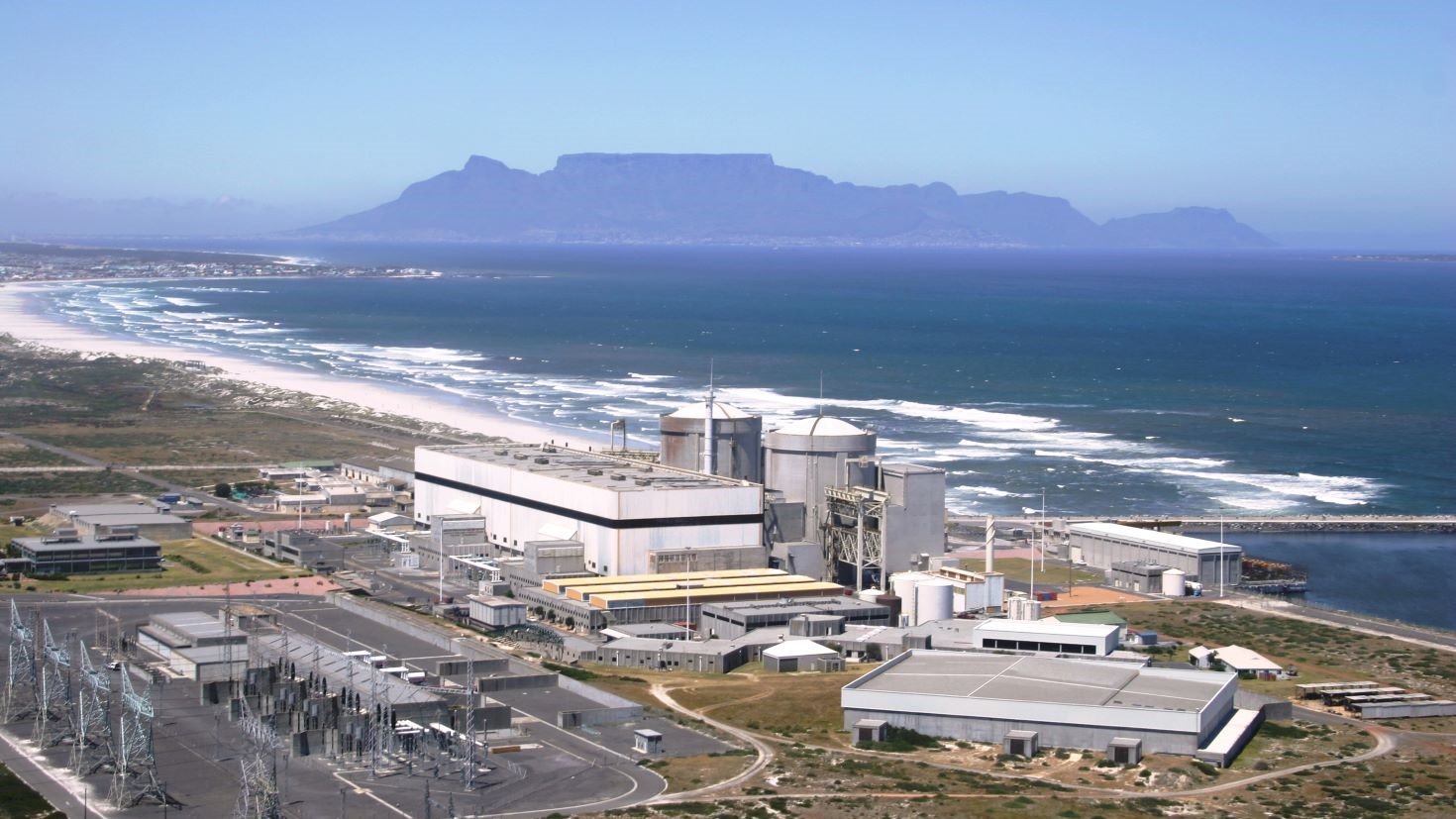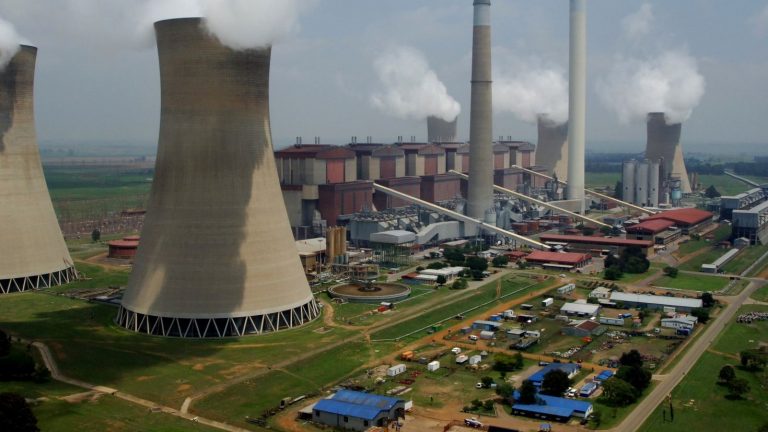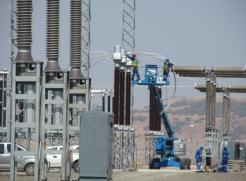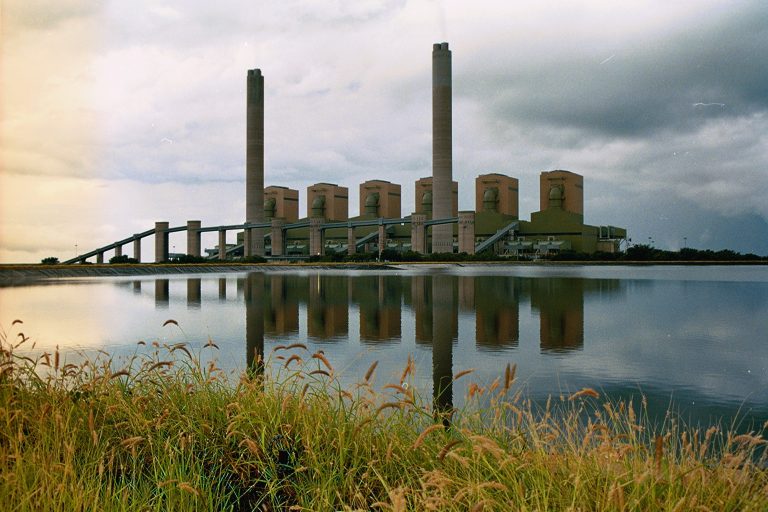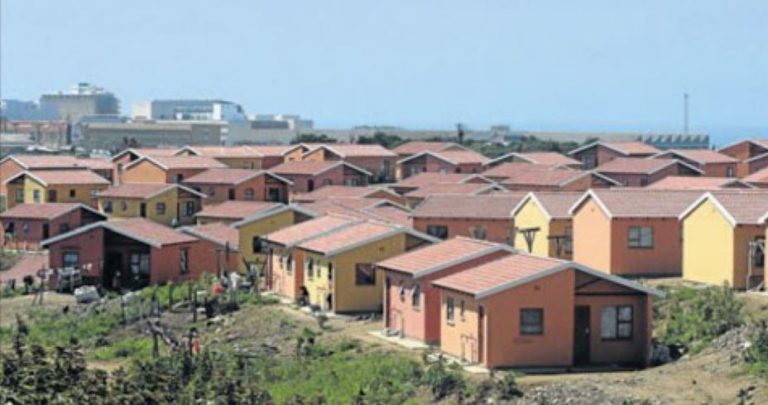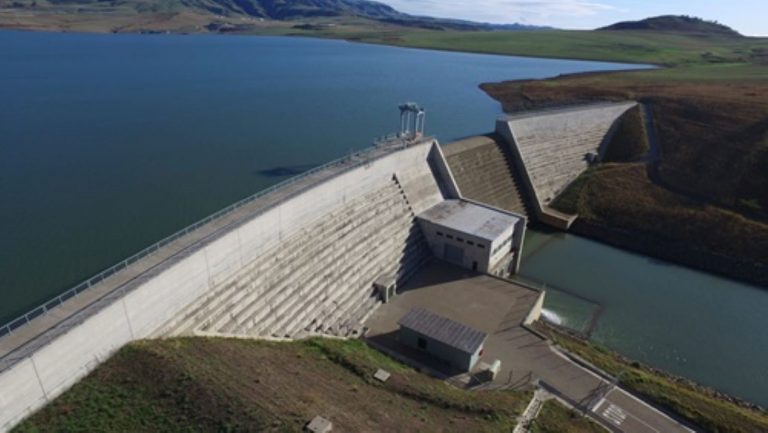Koeberg Unit 1 return to service extended due to additional steam generator maintenance; passes structural integrity tests – no increased risk of loadshedding.
Tuesday, 15 July 2025: Eskom today shared an update on the planned maintenance of Unit 1 at the Koeberg Nuclear Power Station in Cape Town, which is currently offline for the second phase of its long-term operation maintenance programme. Initially expected to return to service by July 2025, the unit is now scheduled to be back online by end of August 2025. This revised timeline underscores Eskom’s commitment to conducting thorough inspections and maintaining the highest quality standards to ensure the ongoing safe and reliable performance of South Africa’s only nuclear power station.
During scheduled detailed eddy current inspections — a non-destructive testing method used to detect cracks, corrosion, or wear in the metal tubes of steam generators — defects were identified on four tubes among several thousand tubes inspected, across two of the newly installed generators.
Eskom immediately carried out an advanced automated process to address the four tube defects, supported by specialised international teams working alongside local experts. These critical repairs have now been successfully completed to uphold the highest safety and quality standards.
Importantly, the major maintenance activities, which included the legally required 10-year Integrated Leak Rate Test (ILRT), where the reactor building was pressurised over 72 hours and its leak rate and structural integrity were monitored — were successfully completed. The ILRT confirmed the robustness and leak-tightness of Unit 1’s containment structure, further reinforcing its safety in line with international standards.
“Our top priority is always the safety of our employees, the public and the environment. Carrying out these additional inspections and repairs to world-class standards, we are investing in the long-term reliability of Koeberg and South Africa’s energy future,” said Bheki Nxumalo, Eskom’s Group Executive for Generation.
“The planned maintenance underway on Unit 1 will help deliver decades of affordable, low-carbon baseload power, demonstrating how nuclear energy can support both economic growth and environmental sustainability. Through our commitment to high-quality maintenance and the expertise of the Koeberg team demonstrating exceptional skills, we are ensuring nuclear power remains a vital part of the country’s energy mix,” concluded Nxumalo.
Major generation milestones in 2025
In parallel, Eskom has also made significant progress on other generation projects this year, with two of them already adding 1 600MW to the grid.
- On 23 March 2025, the new 800MW Kusile Unit 6 was successfully synchronised to the national grid and will be on commercial operation by September 2025.
- From February 2025 to the end of May 2025, the 800MW Kusile Units 1, 2 and 3 were safely reconnected to the repaired west stack and are now operating with their flue gas desulphurisation (FGD) systems. This follows the temporary authorisation granted by the Department of Forestry, Fisheries and the Environment (DFFE) to operate without the FGD system under strict conditions until 31 March 2025, after the 2022 structural failure.
- On 6 July 2025, the 800MW Medupi Unit 4, which had been on a long-term outage since August 2021, was returned to service.
These milestones highlight Eskom’s commitment to improving generation capacity and securing electricity supply.
No added risk of loadshedding
The revised return date for Koeberg Unit 1 will not increase the risk of loadshedding. The Winter Outlook released on 5 May 2025, which covers the period until 31 August 2025, remains valid. Importantly, the planned return of 2 500MW this winter does not rely on Unit 1.
The outlook shows that loadshedding will not be required if unplanned outages remain below 13 000MW. Even if outages rise to 15 000MW, loadshedding would be limited to a maximum of 21 days over the 153-day winter period, capped at Stage 2. Since 15 May 2025, no loadshedding has been implemented, and only 26 hours of loadshedding have been recorded for the financial year to date (1 April to 10 July 2025).
Once all maintenance work is complete, Unit 1’s reactor core will be refuelled, tested and synchronised back to the national grid.
To protect supply, planned outages at Koeberg are carefully staggered every 16 to 18 months so that both units are never offline at the same time. Together, Koeberg Units 1 and 2 provide around 1 860MW — approximately 5% of the country’s electricity needs.
Unit 2 remains fully operational, generating up to 946MW, with a year-to-date Energy Availability Factor (EAF) of 99.38% as of the end of June 2025.
The national power system remains stable, with a month-to-date EAF of 62%. As the winter season continues, Eskom encourages all customers to adopt energy-efficient practices.
ENDS

